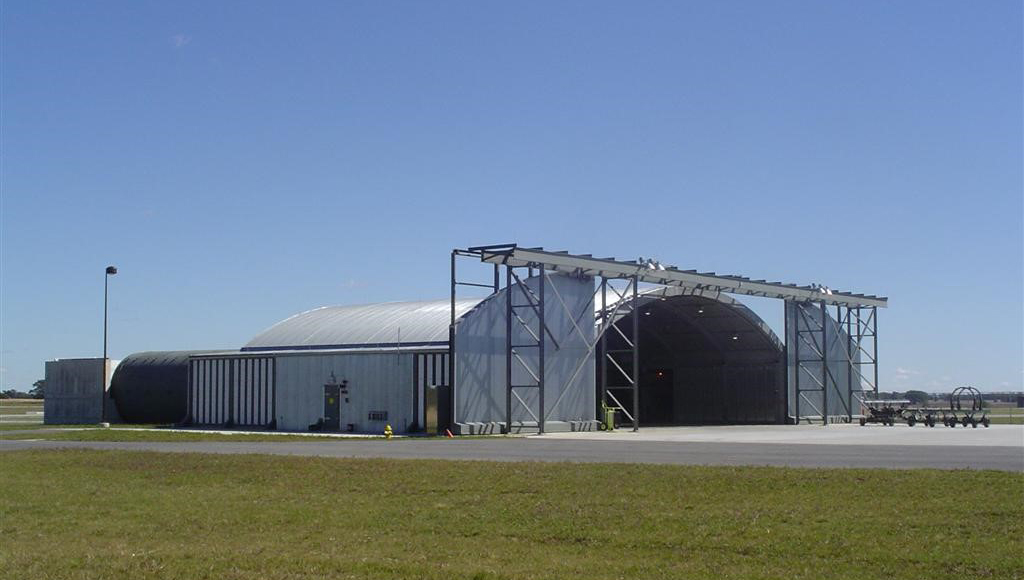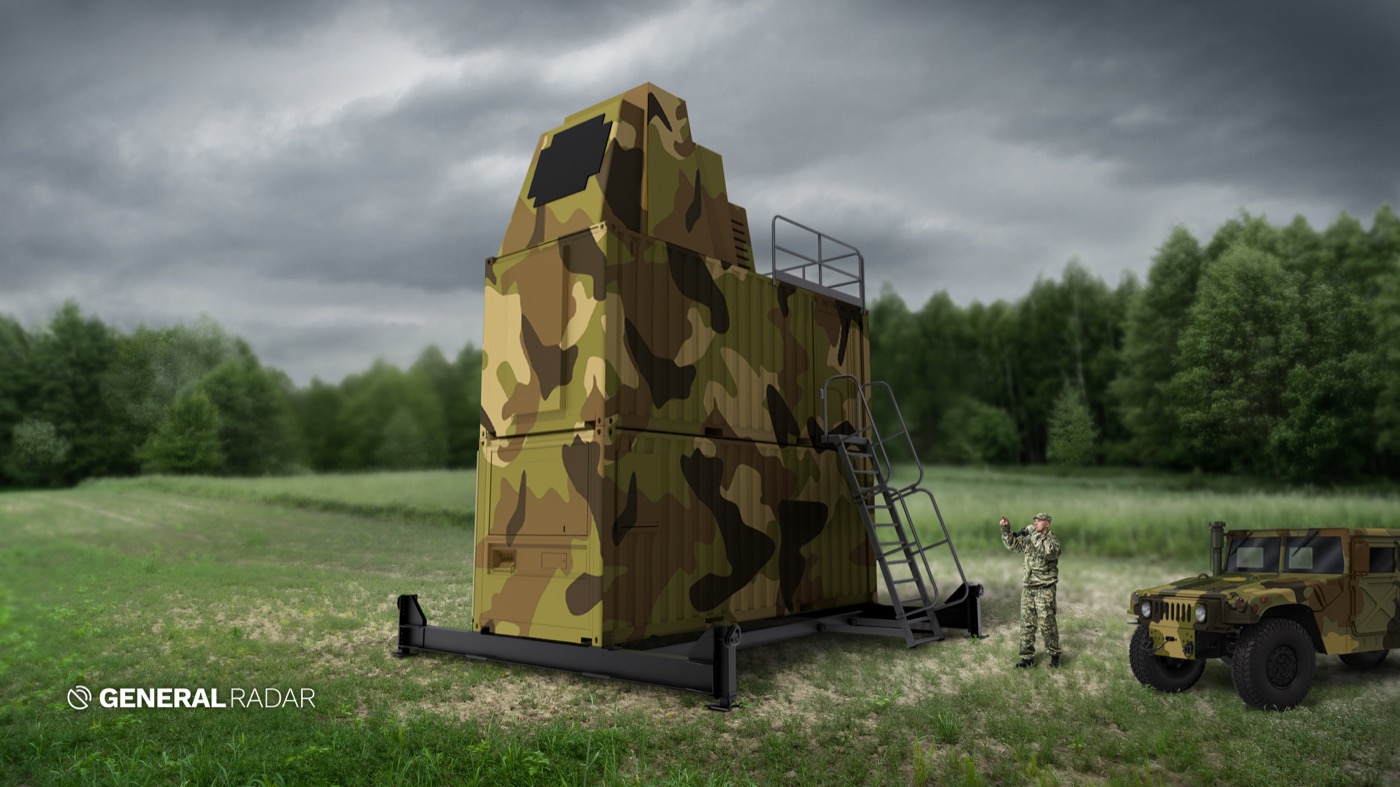Calibration, Correlation & Commissioning
In engine testing it is necessary to evaluate performance against accepted benchmark conditions. Atec will inspect the cell to identify and address any stability issues in your test environment.
Test cell operations and processes can also be reviewed. Your test cell must first be properly calibrated before any correlation can be performed. Calibration is static testing and Correlation is dynamic testing. Our Subject Matter Experts (SMEs) have extensive experience in both calibration and correlation that will foster best practices in operating a cell with a stable and consistent testing environment. Correlation can be a scheduling challenge. Time slots with Engine OEMs for teams and certified engines are precious. Atec can assist your team to be fully prepared for correlation and commissioning activities.


Instrument calibration is intended to eliminate or reduce bias in an instrument’s readings over a range for all continuous values. Instrument calibration must test each instrument individually for conformity to an accepted known standard. In addition, a check of the instrument system should be performed by comparing readouts from the console readings to known input sources. Calibration is performed on a periodic regimen and results over time are recorded to insure against negative trending or deterioration. Calibration is typically provided by trained technicians using approved instruments. Our calibration SMEs have years of real world Precision Measurement Equipment Laboratory (PMEL) experience that can support your test cell facility personnel in achieving a high-quality accurate calibration prior to test cell correlation efforts. Atec can help identify and locate proper instruments and processes needed for calibration, and suggest affordable solutions.


We are here for your calibration, correlation and commissioning needs
Correlation is the recommended method used to demonstrate that a test cell is operating correctly and producing accurate engine performance data. The correlated test cell provides a means to ensure that accepted engines meet or exceed rated performance specifications. Test cell correlation testing should be accomplished by operating a certified engine that exhibits stable performance within the required performance ranges for specified parameters in the subject test cell and produces expected test results.
Atec SMEs understand how humidity, temperature and pressure, fuel properties, cell depression, static pressure, and drag can affect test cell results. Atec can develop procedures for verifying and maintaining a satisfactory correlation status for the test cell. Let our experts help you with your preparation for calibration and correlation. They can help enhance your engine performance and mission readiness. Following successful correlation, the cell will be ready for handover for regular use to the operations group—Commissioning. Atec can assist with training, best practices delineation, DAS usage, engine data trending, engine performance enhancement and more.
Test Cell Correlation or Recorrelation is recommended when:
- Construction of a new test cell is complete.
- A new engine model or derivative model of higher thrust is introduced.
- Repairs or structural modifications have been made to an existing test cell that significantly affect engine performance, airflow or other test cell parameters.
- Repairs or modifications that significantly affect engine or cell performance are made to the engine test equipment, or to the entire engine configuration.
- Modifications have been made to existing data acquisition, and these modifications are introduced in the test cell in a manner that could affect engine performance evaluation.
- Recommended by the OEM.






